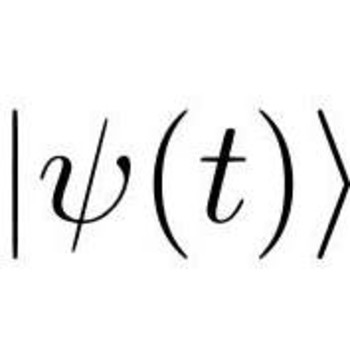How fast will an object with a mass of #15 kg# accelerate if a force of # 72 N# is constantly applied to it?
2 Answers
The acceleration is
Explanation:
The formula that describes the relationship discussed in Newton's 2nd Law is
To find acceleration when knowing force and mass, we need to do some algebra on the above formula. Divide both sides by m and cancel where possible.
So
If we plug your data into that equation and perform the indicated division, we find that
The usual units for acceleration are
But, if we look at
Therefore,
I hope this helps,
Steve
Explanation:
We use Newton's second law of motion here, which states that
where
We need to solve for acceleration, so we can rearrange the equation into
Now, plugging in the given values, we get
So, the object's velocity will keep increasing by


